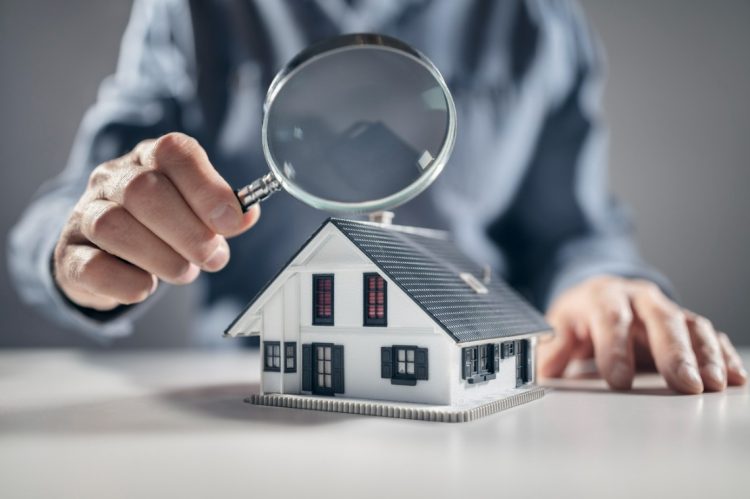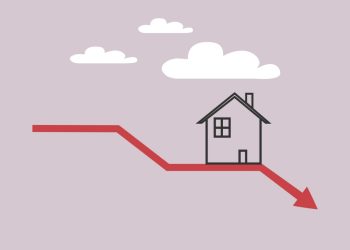Homebuyers and sellers now have grounds for challenging property appraisal values, thanks to new guidelines adopted by federal regulators.
The new guidelines standardize the process for “reconsiderations of value” (ROVs) for residential properties to give consumers a fairer shot at disputing an appraisal they believe is inaccurate, according to a joint press release from the Federal Reserve, the Federal Deposit Insurance Corporation (FDIC) and the Office of the Comptroller of the Currency (OCC).
The real estate industry has long faced accusations of bias in the home appraisal process, but the new rules require lenders to ensure that appraisers remain impartial in their valuations.
Appraisers shouldn’t be influenced by factors like race, ethnicity or national origin of the homeowner or a home’s neighborhood, however, research shows it happens more than we think.
How the new federal ROV guidelines work
If a homeowner can provide credible evidence that the appraiser was unaware or didn’t use comparable listings in the area or made errors in their valuation, the guidelines allow them to contest the appraisal and trigger an ROV.
For example, buyers who receive an appraisal that comes in lower than the offer price usually means you have to make up the shortfall or ask the seller to negotiate the price down.
However, under the new interagency guidelines, borrowers can submit a request for reconsideration to their lender (with supporting documentation) to back up a claim that the value is inaccurate.
Now, lenders will be required to review the request and decide whether an ROV is appropriate. If so, they’ll order a new appraisal from a different company. Previously, it was much harder to successfully get a lender to take a second look at appraisals, leaving the transaction in limbo if a buyer didn’t have enough to cover the gap between the offer price and appraisal value.
Home appraisals tend to be overvalued, study finds
In some areas of the country, home appraisals are actually coming in higher than the sales price, according to new data from Corporate Settlement Solutions (CSS), a real estate settlement solutions company.
In an analysis of 10 states across the U.S., CSS found that appraisals were higher than sale prices more than half (51%) of the time in the first half of 2024. In fact, the gap in appraised values and sales prices is at the highest level since the start of the coronavirus pandemic in 2020 when 42% of homes appraised above their sales price, CSS found.
That figure remained unchanged in 2021 then climbed to 46% in 2022 and 50% in 2023. So far in 2024 (as of June), the average under-appraised value is 9%, according to CSS.
“The growing gap between home appraisals and actual sale prices underscores the challenges of providing accurate valuations in a rapidly appreciating market with limited inventory,” Ashley Jelinek, CEO of Corporate Settlement Solutions, said in a statement.
She continued, “the big question is, how long will this continue given that many housing economists are suggesting that home appreciation is normalizing and, in some markets, even decreasing. It is inflection points like the one we may be approaching that emphasize the importance of accurate, market-centric valuations.”
CSS analyzed 10 states in its study. Here are some its key findings:
- Nearly three-quarters (73%) of homes in Kentucky appraised over the sale price for the first half of 2024, and the average over-appraised value was 10%.
- New York had the lowest percentage of homes (34%) that were over-appraised, with an average over-appraised value of 5%.
- North Carolina had the highest average over-appraised value at 33% for the first half of 2024.
- New York had the most share of homes (14%) that were under appraised, with an average under-appraised value of 9% for the first half of 2024.
- Virginia had just 3% of homes that were under appraised, with an average under-appraised value of 9%.













This is GREAT news. I never understood why the system allowed one random person – often from out of the area and simply not knowing the local market – to blow up a sale and make everyone involved suffer. And the worst part is always that they stay behind the scene, unreachable, and uncaring (because they always get paid up front whether they do a good job or bad job), while us agents are left dealing with angry parties on both sides. the next thing they need to do is not allow the appraiser to charge for a return visit; if they get to choose what needs to be fixed and then earn more to come back to see it – it should at the least allow for a photo or invoice to show the correction without charging the buyer more money.
“Appraisers shouldn’t be influenced by factors like race, ethnicity or national origin of the homeowner or a home’s neighborhood, however, research shows it happens more than we think.” Agree with this except for “neighborhood”. Of course the value is dependent on the neighborhood. Anybody remember “Location, Location, Location”? Thank is never going to change, and it shouldn’t. Appraisers are supposed to be objective and also produce a “real value”. Is our government now trying to cause an appraiser to overvalue properties on purpose? If so, why have appraisals at all?